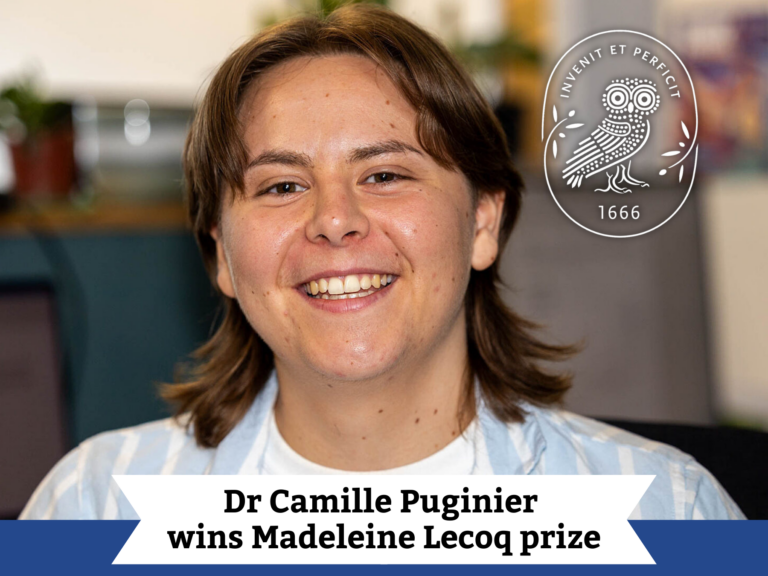50 Years of Plant Immunity Breakthroughs
As Cell celebrates its 50th anniversary, three prominent researchers look back on a half century of key scientific breakthroughs in plant immunity. Their comprehensive review provides a valuable synthesis for those interested in the history of molecular plant-microbe interactions (MPMI), exploring the latest discoveries and highlighting promising directions for future research.

Important diseases caused by two basidiomycete rust pathogens
Image from The plant immune system: From discovery to deployment (Cell, 2024)
Plant diseases have shaped history due to their devastating impacts on society and continue to challenge agricultural sustainability to this day as pathogens spread under the changing climate. However, by the 1970s, our understanding of the plant immune system was still too limited to prevent some of the most catastrophic crop diseases, affecting oranges, cacao, coffee, and bananas. This spurred recruitment into the burgeoning field of MPMI.
The plant immune system: from discovery to deployment illustrates how continued research and key discoveries in plant-microbe interactions following these initial investments have enables strategies to effectively manage crop diseases.
Authors Jonathan Jones, Brian Staskawicz, and Jeffery Dangl spent most of their careers exploring how plants defend against diseases and identifying the genes involved. Known for their pivotal contributions to the understanding of how plant immunity works, the three scientists witnessed first-hand many of the advances in MPMI research as new discoveries and technological advances were made.
When these authors embarked on their postgraduate training 50 years ago, it was impossible to imagine what we know today of molecular biology and plant immunity. Still, a paradigmatic foundation for molecular biological research in plant immunity was already established thanks to a key discovery that disease resistance in plants was heritable, followed by the continuous efforts of plant breeders to elevate this vital trait in crops by incorporating Resistance (R) genes.
"The current explosion of knowledge in the MPMI field was built on the shoulders of pioneering geneticists and plant breeders from 1905 to 1975." says Jeff Dangl, "We felt that the 50th anniversary of Cell was an opportune moment to reflect on how we got to where we are now and to remind current researchers how the field developed.

Disease resistant plants rely on the ability of their immune systems to detect pathogens before they cause harm. In the 1940s, H. H. Flor discovered that this 'recognizability' in the pathogen was genetically determined through so-called Avirulence (Avr) genes. These Avr genes evolved in the pathogen to promote virulence but were eventually counteracted by plant R genes evolving to recognize them. This conceptual framework underlies much of what we know about plant immunity today.
In their review, the authors created a timeline of some key advances in MPMI over the last 50 years, highlighting advances in how immune receptors bind to target molecules and how certain pathogen proteins (effectors) facilitate plant infection.

From The plant immune system: From discovery to deployment (Cell, 2024)
"It was great to be able to reflect on how far we’ve come during the last fifty years, and on the big opportunities ahead for discovery and for bringing current and future insights to public use.” says Jonathan Jones
Brian Staskawicz says, "As I look back over the last fifty years, I am amazed and proud of the progress that the MPMI research community has made to uncover the molecular basis of plant disease resistance."
As the field of MPMI continues to evolve rapidly, the direction of future research may be hard to predict, but the authors are confident that it will yield many more surprising and exciting discoveries.
"We hope that this review will encourage outsiders to take an interest in joining this field. My lab has benefitted immensely from new, diverse thinking and I thank all the students and post-docs in my labs in Cologne and at UNC, and my co-authors and many others for their contributions."
Jeff Dangl, Professor at the University of North Carolina at Chapel Hill and Howard Hughes Medical Institute Investigator
“It’s been my privilege to be able to contribute to MPMI research alongside such a brilliant cohort of other researchers, including my current and past colleagues at TSL and my coauthors on this review.”
Jonathan Jones, Group Leader at The Sainsbury Laboratory (TSL) and Professor at the University of East Anglia
“Personally, I am grateful to my international colleagues, and especially to my students and postdocs at UC Berkeley who have substantially contributed to progress in this area. Finally, our ability to translate these discoveries to create sustainable plant disease resistance solutions to feed the world has become a reality.”
Brian Staskawicz
Professor at the University of California, Berkeley and Director of the Innovative Genomics Institute


